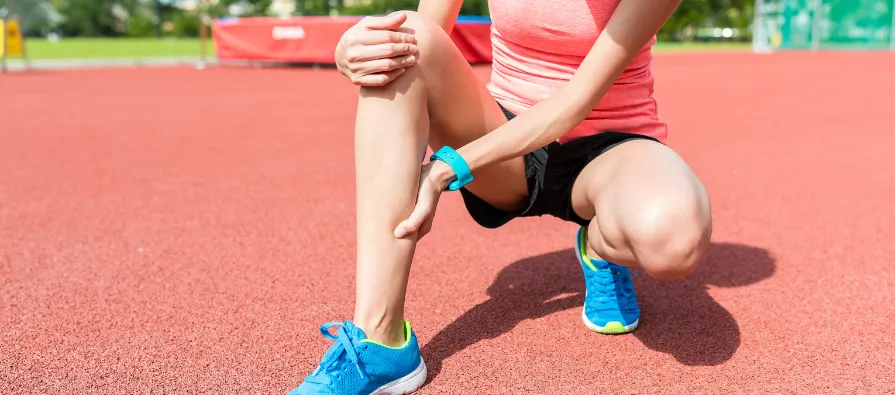Kaizen Health and Wellness
Acl Rehab in Urbandale
ACL Rehab in Urbandale
The anterior cruciate ligament, commonly referred to as the ACL, is one of the major ligaments in the knee, crucial for stability and movement. An injury to this ligament can be a significant setback for athletes and active individuals. The journey back to full health and strength often involves an essential component: physical therapy. This article delves into the importance of ACL rehabilitation through physical therapy and the steps involved in the process.

Understanding the ACL Injury
Before diving into the intricacies of rehabilitation, it’s vital to grasp the nature of the injury. The ACL can be sprained or torn due to rapid changes in direction, sudden stops, or direct blows to the knee. This often results in pain, swelling, and a reduced range of motion. For some, surgery may be required, but whether or not surgery is involved, rehabilitation through physical therapy is a cornerstone of recovery.
Why Physical Therapy is Crucial
Restoring Strength: After an ACL injury, the muscles around the knee can become weak due to inactivity or compensation patterns. Physical therapy aids in strengthening these muscles, ensuring they can support and stabilize the knee effectively.
Improving Range of Motion: One of the immediate effects of an ACL injury is a reduction in knee flexibility. Physical therapists guide patients through exercises and stretches designed to restore this lost range of motion gradually.
Relearning Movement Patterns: Post-injury, patients might develop unnatural ways of moving to avoid pain or due to instability. Physical therapy helps retrain the body to move correctly, reducing the risk of further injuries.
Gaining Confidence: An injury can mentally unsettle anyone. Through progressive exercises and guidance, physical therapy rebuilds not just the knee’s strength but also the individual’s confidence in their body’s capabilities.
The Stages of ACL Physical Therapy in Urbandale
Initial Stage (0-2 weeks post-injury or surgery):
Goal: Reduce swelling and pain.
Approach: Gentle exercises like quad sets, straight leg raises, and ankle pumps. Ice and elevation are also recommended.
Intermediate Stage (2-6 weeks):
Goal: Regain range of motion and improve strength.
Approach: Introducing weight-bearing exercises, stationary cycling, and hamstring curls. Therapists also use gentle stretching to restore flexibility.
Advanced Stage (6 weeks – 5 months):
Goal: Restore functional strength and stability.
Approach: Implementing plyometrics, advanced strength training exercises, and balance drills. Activities like jogging or swimming might be introduced based on progress.
Return to Activity (5-9 months):
Goal: Return to sports and activities safely.
Approach: Sports-specific drills and training, ensuring the knee is ready for the demands of particular activities. The therapist may also provide guidance on braces or supports to be worn during activity.
Essential Tips for Successful ACL Rehab
Consistency is Key: Recovery is a gradual process. It requires dedication to the exercises and routine prescribed by the therapist.
Open Communication: Always communicate any pain, discomfort, or concerns to the physical therapist. This ensures the program is tailored accurately to individual needs.
Incorporate Home Exercises: Besides formal sessions, it’s beneficial to continue exercises at home. It accelerates recovery and reinforces the muscle memory of new movement patterns.
Mind the Mind: Psychological recovery is just as essential. Consider methods like visualization, mindfulness, or even counseling to address any fears or anxieties related to the injury.
Start Your Recovery Today
An ACL injury can be daunting, but with the right approach, complete recovery is achievable. Physical therapy is the lynchpin of ACL rehab, helping restore strength, flexibility, and confidence in one’s knee. Remember, every journey back to optimal health requires patience, persistence, and a positive attitude. With expert guidance from a physical therapist and commitment from the patient, the road to recovery after an ACL injury can be a transformative experience, equipping individuals with newfound knowledge and respect for their body’s capabilities. Contact us today!


